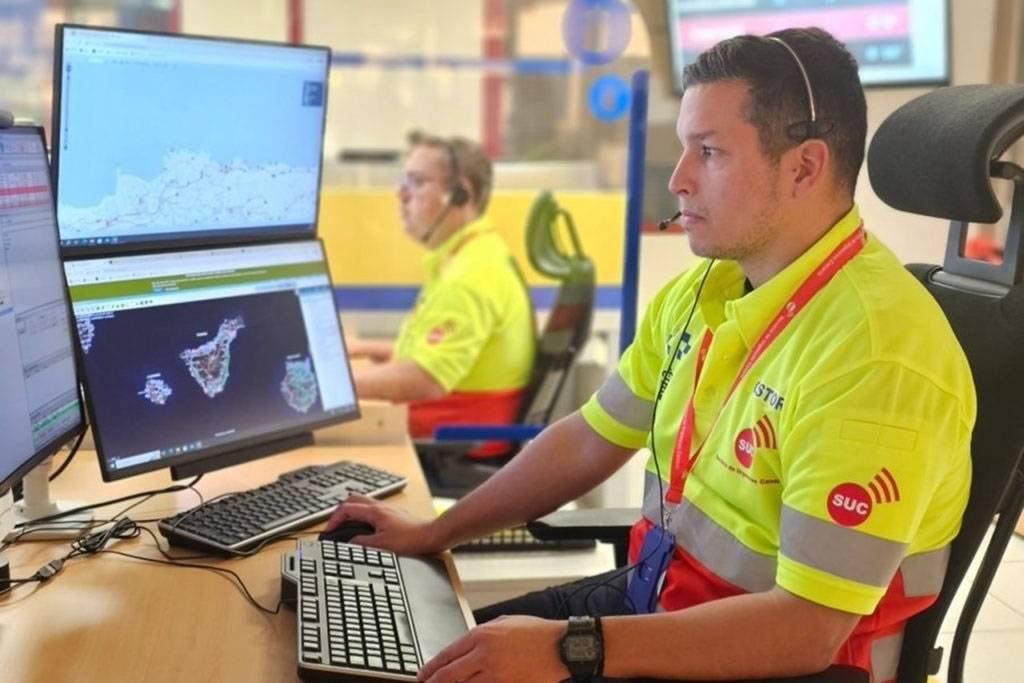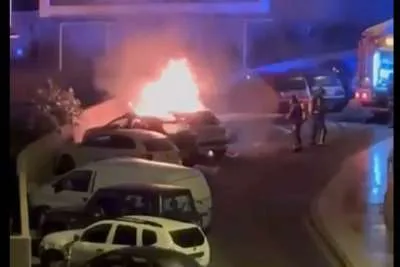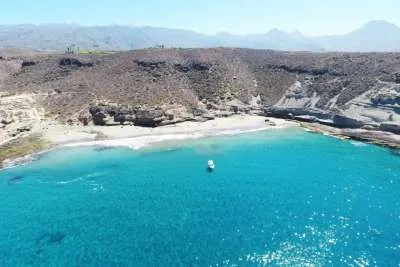The Canary Islands’ 112 call centre handled over 743,000 calls for help in 2024
- 11-02-2025
- National
- Canarian Weekly
- Photo Credit: 112 Canarias
The Canary Islands' Emergency Services Coordination Centre (CECOES) 112 call centre managed a total of 743,434 requests for assistance in 2024, encompassing urgent and emergency situations, consultations, and general information inquiries.
This figure represents a 4.17% decrease compared to the previous year.
Throughout the year, 112 received approximately 1.66 million calls. However, many of these were accidental automatic dials, erroneous calls, or inquiries beyond the service’s remit, often due to confusion with the 012 helpline.
The director of the emergency centre, Moisés Sánchez, highlighted the importance of using the 112 emergency number responsibly to optimise resources and ensure an efficient response to genuine emergencies.
Emergency Response and Mobilisation
Of the 743,434 calls requesting assistance, 63.8% required the deployment of emergency resources to the incident site, while the remaining 36.2% were resolved directly by CECOES without additional mobilisation. In total, 556,910 people received assistance, with 229,888 facing life-threatening emergencies or situations that posed significant risks to their property.
Sánchez emphasised that providing accurate and detailed information when calling 112 is crucial to ensuring the appropriate response teams are dispatched. He urged callers to answer all operator questions clearly, as this facilitates a more effective emergency response.
Increase in Calls from Tourists
Reflecting the Canary Islands’ resurgence as a prime tourist destination, emergency calls from foreign visitors rose by 12.3% in 2024. The 112 call centre handled 18,394 calls from tourists, primarily from English-speaking holidaymakers, followed by Germans.
Since the year 2000, the number of emergency calls handled in foreign languages has increased eightfold, thanks to efforts to promote the service within the tourism sector and the implementation of a teletranslation platform supporting 50 languages.
Technological Advances in Emergency Response
One of the key priorities in European emergency services is improving caller location accuracy. CECOES is among the leading centres in Europe utilising Advanced Mobile Location (AML) technology, which instantly provides precise geographical coordinates of a caller’s location.
While 75% of emergency calls from mobile networks in the Canary Islands benefit from this system, around 60% of mobile emergency calls in other parts of Europe still lack such precise location tracking.
Additionally, the 112 Canarias emergency app processed 138 alerts in 2024, further enhancing accessibility for those in need of urgent assistance.
eCall and Support for People with Disabilities
The centre also monitors calls received through eCall, an automated emergency system installed in most modern vehicles. In 2024, CECOES 112 received 941 alerts via eCall, with figures increasing steadily in recent years.
For people with disabilities, the service provides access to the SOMU application, which enables emergency requests via digital means. In 2024, 17 emergency requests were handled through SOMU, a 13% rise compared to the previous year.
As emergency response systems continue to evolve, the Canary Islands’ 112 service remains at the forefront of integrating advanced technology to ensure swift and effective assistance for residents and visitors alike.
Other articles that may interest you...
Trending
Most Read Articles
Featured Videos
TributoFest: Michael Buble promo 14.02.2026
- 30-01-2026
TEAs 2025 Highlights
- 17-11-2025



























































